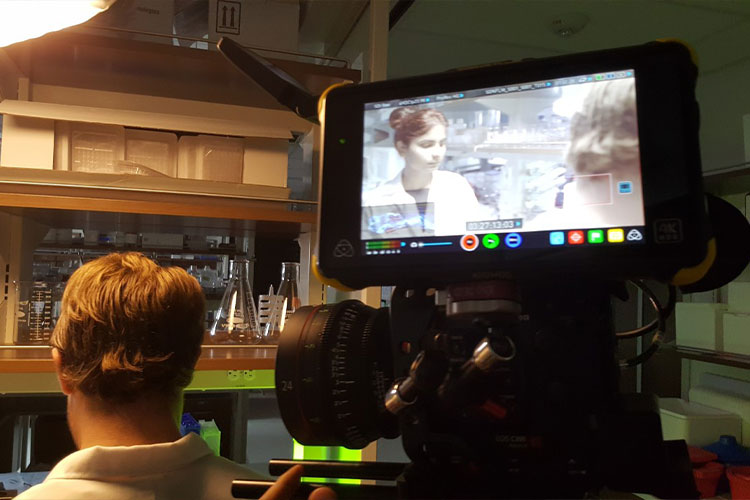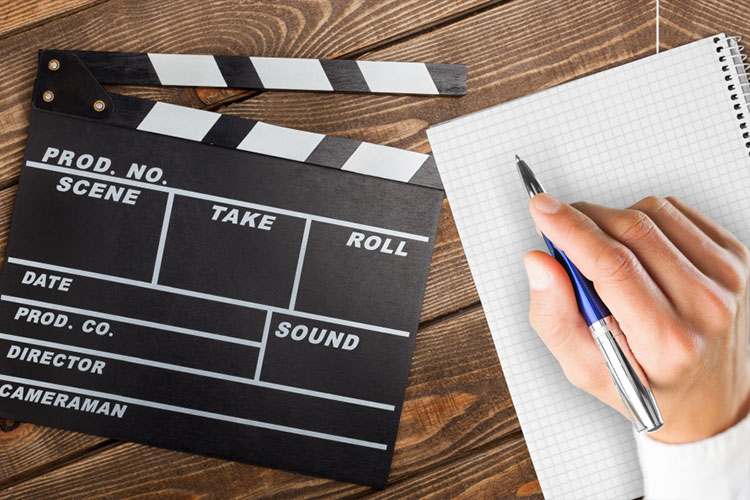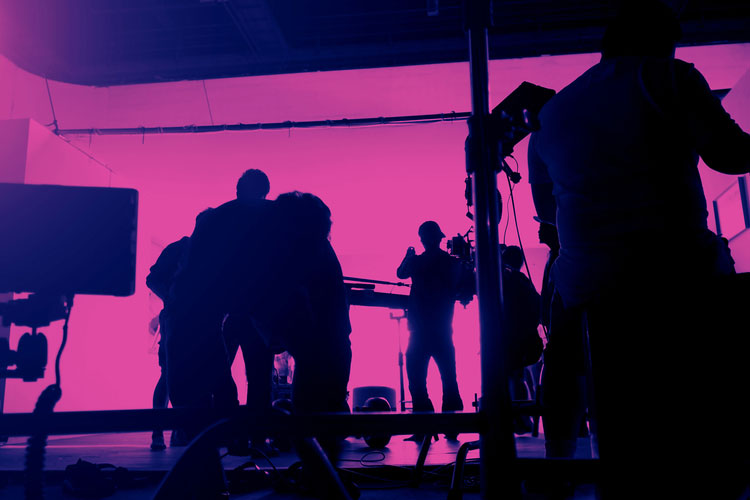Pre-production is the cornerstone of every successful shoot, and after the concept has been developed and green-lighted, as a producer, it’s your job to make sure the project runs smoothly from start to finish. It’s where you get everything in order, from budget to logistics to communication to gear and hiring the right team.
Pre-production is so crucial because it sets you up for success on set. You’ll be able to anticipate any problems that might arise during shooting and plan for them so that you can handle them calmly and effectively when they come up on set.
Your budget for any given shoot determines what you will be planning and how.
Logistics are necessary to consider before you start shooting, whether it’s a corporate video or a documentary. It’s important to know where everyone will be coming from and going. This includes not only the crew but also any gear, talent, and clients who will be involved in your shoot. If you are flying to your location, ensure you can safely transport all your needed gear; sometimes, some items may not be allowed. And if you are flying abroad, make sure you have a manifesto of ALL your equipment and its cost approved by customs so that you won’t have issues coming back into the country.
Will permits and insurance be needed? Can the location be easily accessed? If not, plan for the extra time it will take people, crew, and talent may need to get there, and try to look for potential alternatives. It also means ensuring the site is safe and secured for team, talent, and gear. If you prefer not to use batteries, are there power outlets you can access? Is there parking available, and if not, is there an alternative? Where is the closest general store? In the event of rain, is there a place where we can move gear to protect it? Always try to include extra time in case you have to stop for some reason. That way, you will be able to make it up. If you are booking flights and hotels for your crew and talent, make sure you plan if a flight gets delayed or canceled because it can throw off your entire schedule. If you are paying for flights, you will have to pay for those extra hours and days whether or not someone uses them. Be sure you know what happens if a flight is canceled: Do you get a refund? Is there another option? If so, how much more expensive are the alternatives?
The key is not to leave anything to chance because any wasted time is wasted money.
We all know how important communication is on set, but it is even more crucial in pre-production because more moving parts are involved. If one person does not know what is happening, it affects everyone else involved and could cause a significant problem. Make sure everyone understands each other so they can work together without friction or confusion — especially when working with people who don’t always speak the same language! Let your team know everyone has an essential job, and empower them to make the right decision. Create a written schedule that everyone is on board with. This will help keep everyone on the same page, so they all know what needs to be done when it needs to be done, and whom they need to talk to if there are questions or issues. A schedule also helps avoid confusion and misunderstanding since people can refer to it if necessary. Make sure that everyone in your crew has copies of their itinerary and contact information for each other in case something goes wrong.
Establishing which gear you will need is another essential aspect. What equipment do you need? Do you need to rent anything, and how much will it cost? How do we transport everything safely? These questions are essential to answer early in pre-production so there are no surprises later. Communicate with your DP, Director, and crew to devise a suitable list for the shoot and transport. Go over it multiple times because the small things will impact you the most, like a tiny cable you can’t get anywhere or an extra card reader.
There is always the chance something could go wrong or not work/play out as envisioned, so plan, Plan, PLAN!



